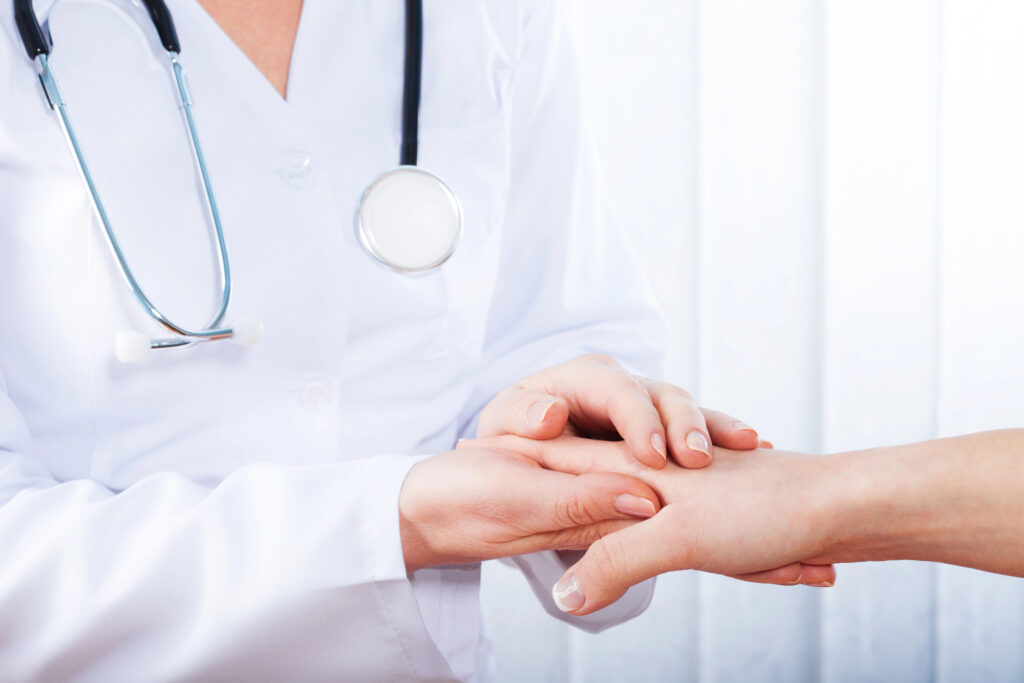These are the first words I write to you and as such I want to start by introducing myself. I was born in Faro and I was raised in the sunny Sotavento Algarve mountains.
I graduated in Medicine due to the inherent passion I have for science and I discovered, over time, that the true art and mastery of practicing medicine lies in understanding and interpreting the human being.
Today, I find myself one step closer to becoming a specialist in General and Family Medicine, that is, becoming a Family Doctor. As such, I have been faced with some challenges in my clinical practice, including health education.
It is my intention that this section can enlighten you, in the future, about doubts and questions you have about the various dimensions of health and which have an impact, positive or negative, on your daily life. But, first of all, I want to start by exploring with you what I seek to promote among you, Health Literacy.
The World Health Organization (WHO) defines health literacy as an individual's ability to access, understand and appropriately use information, thus being able to promote and maintain a good state of health.
But what I ask now is: what does the population infer from this elaborate concept?
In this sense, I decided to turn to my favorite source of information, my family. I asked my grandparents what they understood about this definition, and, very naturally, they explained to me that “we went to school, to learn to read” and, therefore, when they go to the doctor, they like to “learn what is best for them.” their health”, since “information is a guarantee” and that “we have to take care of ourselves”.
Health literacy, like education in general, gives you, the reader, an unparalleled ability to make decisions in various situations, from your day-to-day life to the general political context.
I'll explain. It has an impact on your day-to-day life if you are hypertensive and choose to take your medication daily to better control your blood pressure.
It has an impact on your home, when you cook meals for your family based on our Mediterranean diet, trying to practice healthy eating.
It has an impact on your community, when there are institutions and social entities available that promote the well-being of your parents or grandparents.
It has an impact on your workplace, when your employer recognizes and values the health of its workers.
It has an impact on the use of the healthcare system, when you know how to manage the symptoms of a cold or mild flu, without primarily resorting to the emergency department.
It has an impact in the political context, when, as a citizen, you demand the application of laws that encompass measures that promote a green and pollution-free environment.
These are just mere examples, but I can say the following right away: Mediterranean countries have an average life expectancy similar to that of Nordic countries, however, fragility – that is, greater vulnerability – is greater in the former.
But then what's the difference, you ask? Yes, it is this very simple and equally complex notion that we have been addressing today, health literacy.
For many years, the familiar paternalistic medicine was practiced, in which, at the time of the decision and the diagnostic or therapeutic approach, we, doctors, said “You have to…” and the answer was “Whatever the doctor thinks is best”.
Trust and decision-making were, therefore, completely placed in the person wearing the white coat.
In recent times, the practice of medicine has focused on centering care on the patient rather than the disease. We want the treatment of our patients to be focused on Dona Maria, and not on the patient in bed 35 with cirrhosis.
What's more, today we seek to adopt shared medical decision-making, which involves both parties in the clinical interaction, the doctor and the patient, encouraging their active participation.
This serves to explain that being educated in health enables you to have control, to assume the main role, in this timeless soap opera that is your health, thus being able to make decisions, in a free and informed way, as well as to assume responsibilities over them.
This whole process takes your time and investment, it's true. But any step taken with this purpose becomes a step closer to our ultimate goal.
Therefore, here I am and my commitment is that, after reading this section, you will want to manage your health and feel comfortable clarifying your doubts and concerns.
So I say goodbye. See you in the next edition!
Author: Adriana Justo Correia is an Internal Physician in General and Family Medicine



















Comments